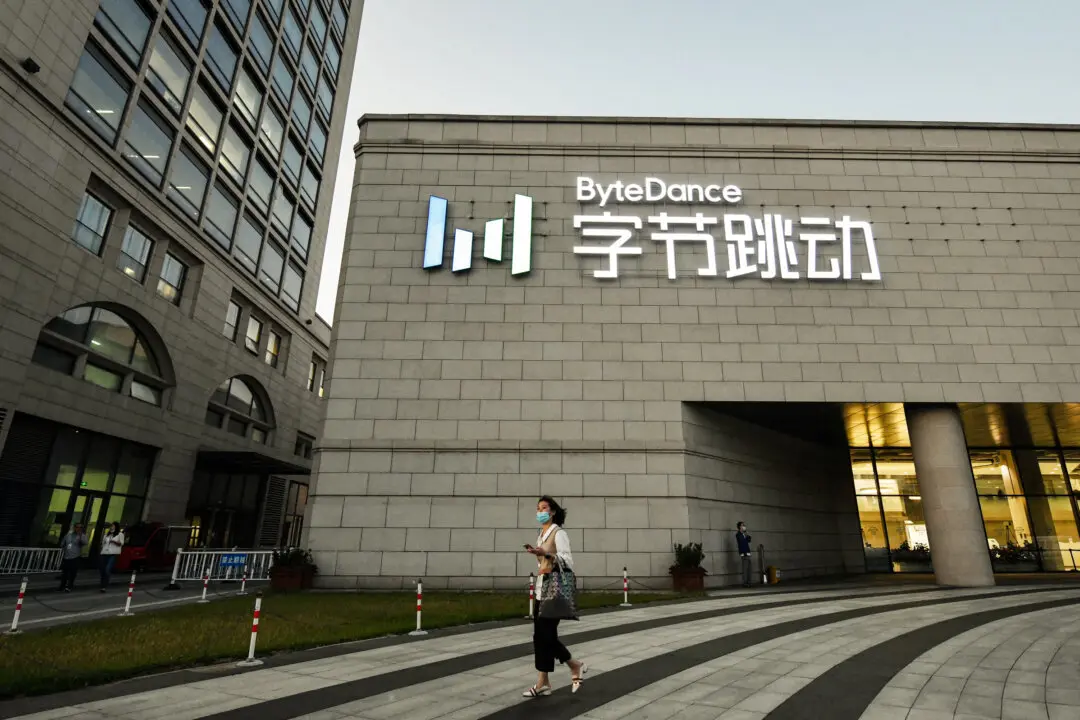Just days ahead of Apple’s launch of the iPhone 13, a Chinese artificial intelligence company is seeking an injunction that would block Apple’s iPhone production and sales in China over a patent dispute involving digital personal assistant Siri.
Shanghai Zhizhen Intelligent Network Technology, also known as Xiao-i Robot, filed an application with the Shanghai Higher People’s Court on Sept. 3, requesting a preliminary injunction to block Apple’s manufacture, sales, and exports of all devices with Siri in China, claiming infringement on its patent.




